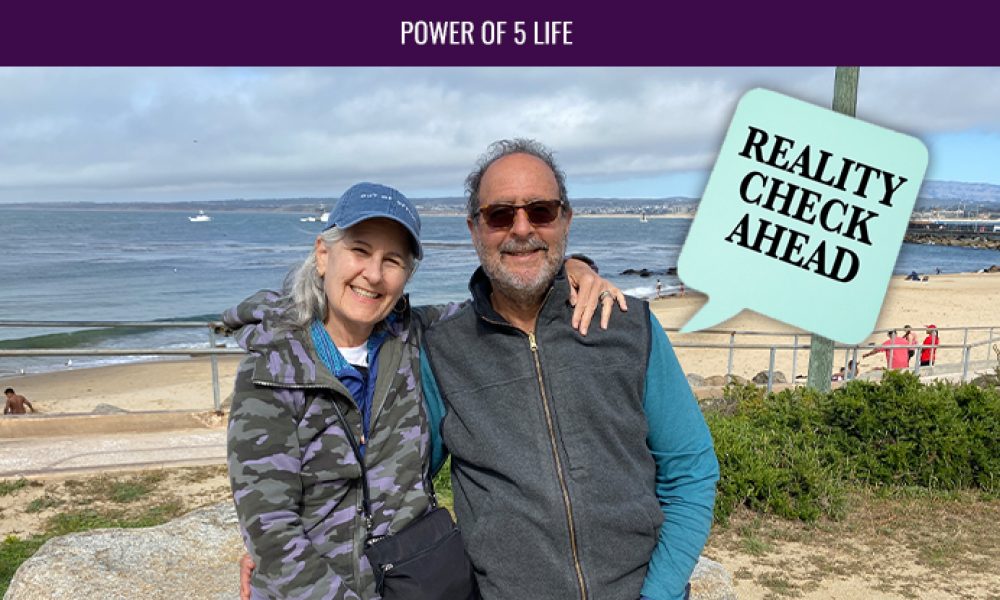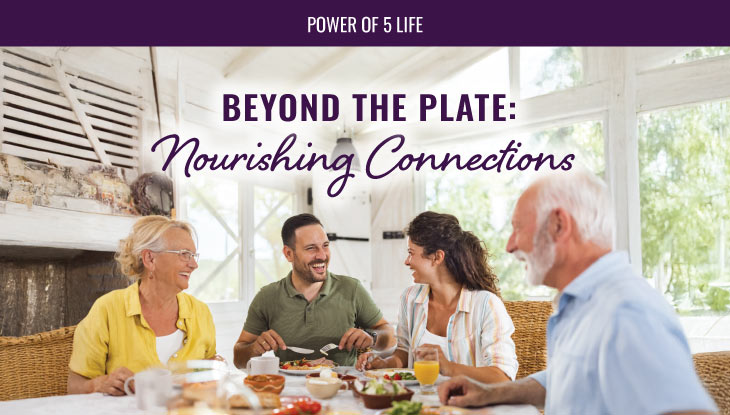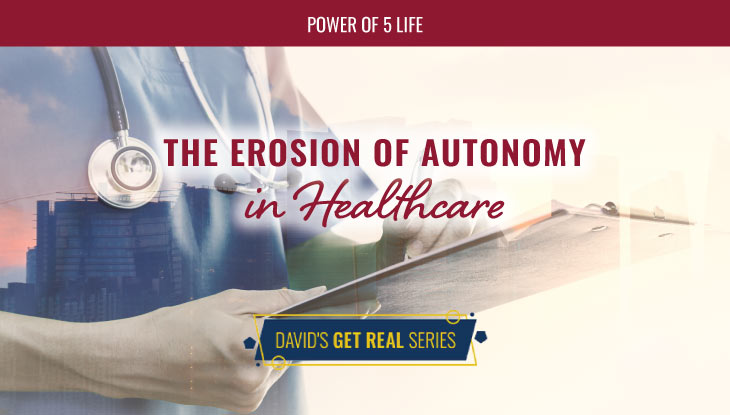Accountability to your heart and health … February is American Heart Month.
When I share information about heart disease, I feel compelled to address both sides of the same coin. One side has to do with the progress medical science has made in my lifetime, substantially reducing the number of deaths due to coronary heart disease. The other side of the coin is that even while cutting cardiac death rates by 75% there are still many preventable events and deaths.
Our Hearts and Death
According to the Centers for Disease Control and Prevention, one person dies every 34 seconds in the U.S. from heart disease with about 697,000 deaths in 2020. Heart disease remains the #1 cause of death in the U.S.
Heart disease costs the U.S. about $229 billion each year (2017 to 2018 statistic). This includes the cost of healthcare services, medicines, and lost productivity due to death. Yet heart disease is not inevitable—there are ways to reduce your risk for cardiovascular disease.
Disease Care or Disease Prevention?
The persistence of heart disease is complex. There are many contributing factors, but I want to address two key issues.
First, our healthcare system is inadequate in its attention to prevention. Our society and government seem reluctant to take a strong, proactive approach to preventive measures. Second, the insurance industry has created a disease care system, not a system that promotes or incentivizes enjoying good health.
Prevention is neither adequately funded nor taken seriously. Schools and families are not teaching proper healthy habits. One has to look no further than what people eat at athletic events or on cruises or what is purchased at grocery stores. (In the future, I will address the role industries play in perpetuating heart disease and my view about accountability both personally and in our society.)
Be Accountable
Be accountable to your heart this American Heart Month and integrate The Power of 5 Formula. Following these suggestions can reduce your risk of a heart attack or dying from heart disease.
- Sweets: Reduce your intake of sugars and processed food (highly laden with sugar additives) as they contribute to vascular inflammation and heart attacks. Sugar, carbohydrates, and processed foods are major contributors to obesity and diabetes.
- Stress: Integrate relaxation, meditation, and mindfulness daily. We know that stress contributes to cortisol release, a powerful hormone that also contributes to the inflammatory process in our blood vessels. These relaxation practices will reduce this process.
- Sweat: Get plenty of it! Physical activity and exercise are a powerful antidote to inflammation and reduce our risk for vascular disease and other illnesses like cancer and dementia.
- Sleep: Sleep is a vital component for our physical and mental health. Aim for at least 7-8 hours of quality sleep each night. Sleep science has linked inadequate and poor quality sleep to vascular inflation, high blood pressure, and heart disease.
- Sex: Sex is about intimacy and connections. Make time with family and friends regularly. Recent research has discovered a link between having connection and socialization with less chronic inflammation and reduction in heart disease. The opposite of intimacy is loneliness and the health risks of loneliness are the equivalent of smoking 15 cigarettes a day or being obese.
Education is the Key
We can do better in our society. Introducing accountability into the equation might turn up the heat to get people more engaged in taking better care of themselves.
Attempting to understand our risk for heart disease while making lifestyle changes will reduce our risk.
Spread the word and encourage others to do the same. Melissa and I are doing this through our blogs, social media, and other communications.
Find and use an accountability partner to provide encouragement and support because we’re all in this together.
To a long and healthy life.
David Bernstein, MD




